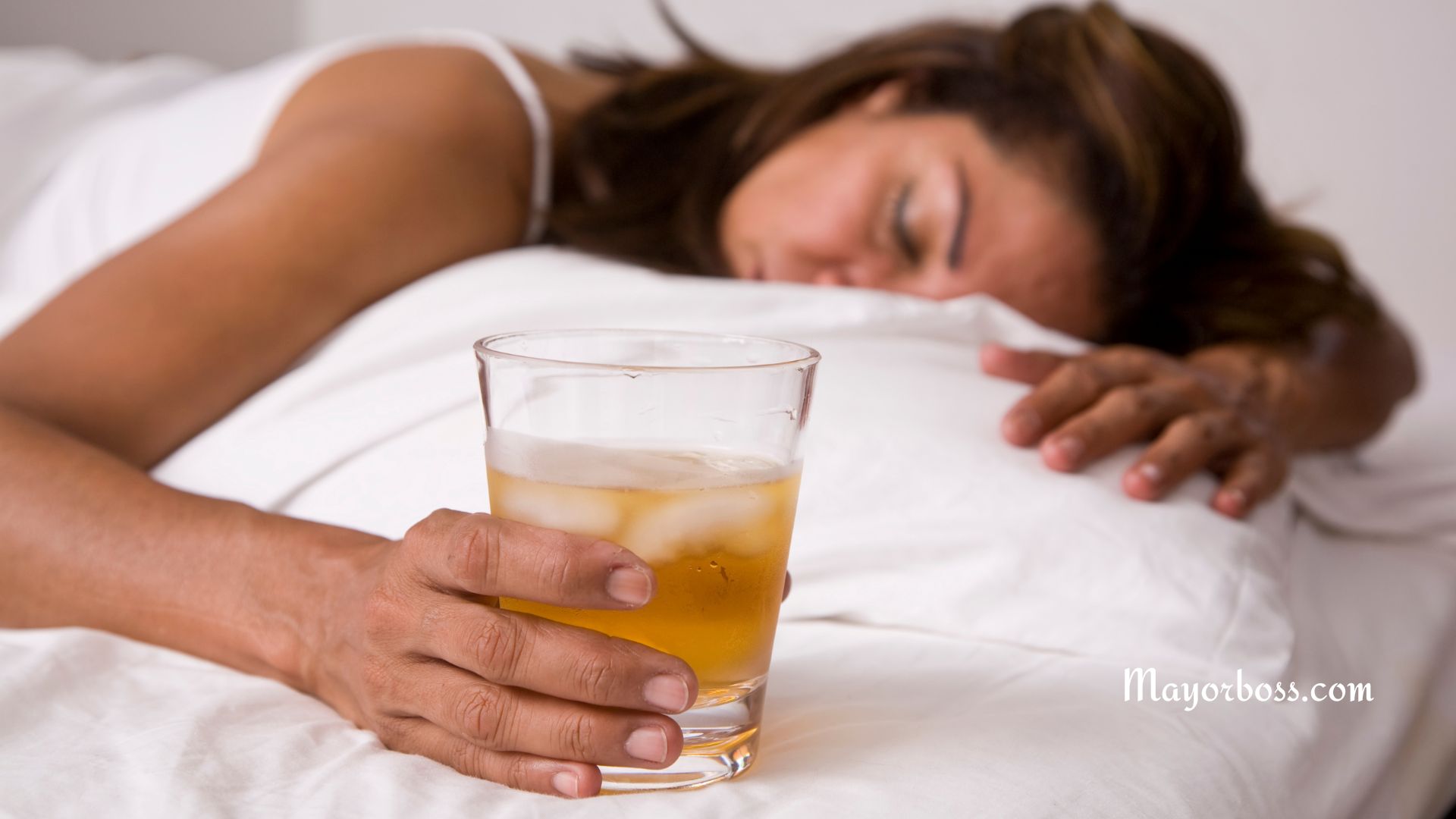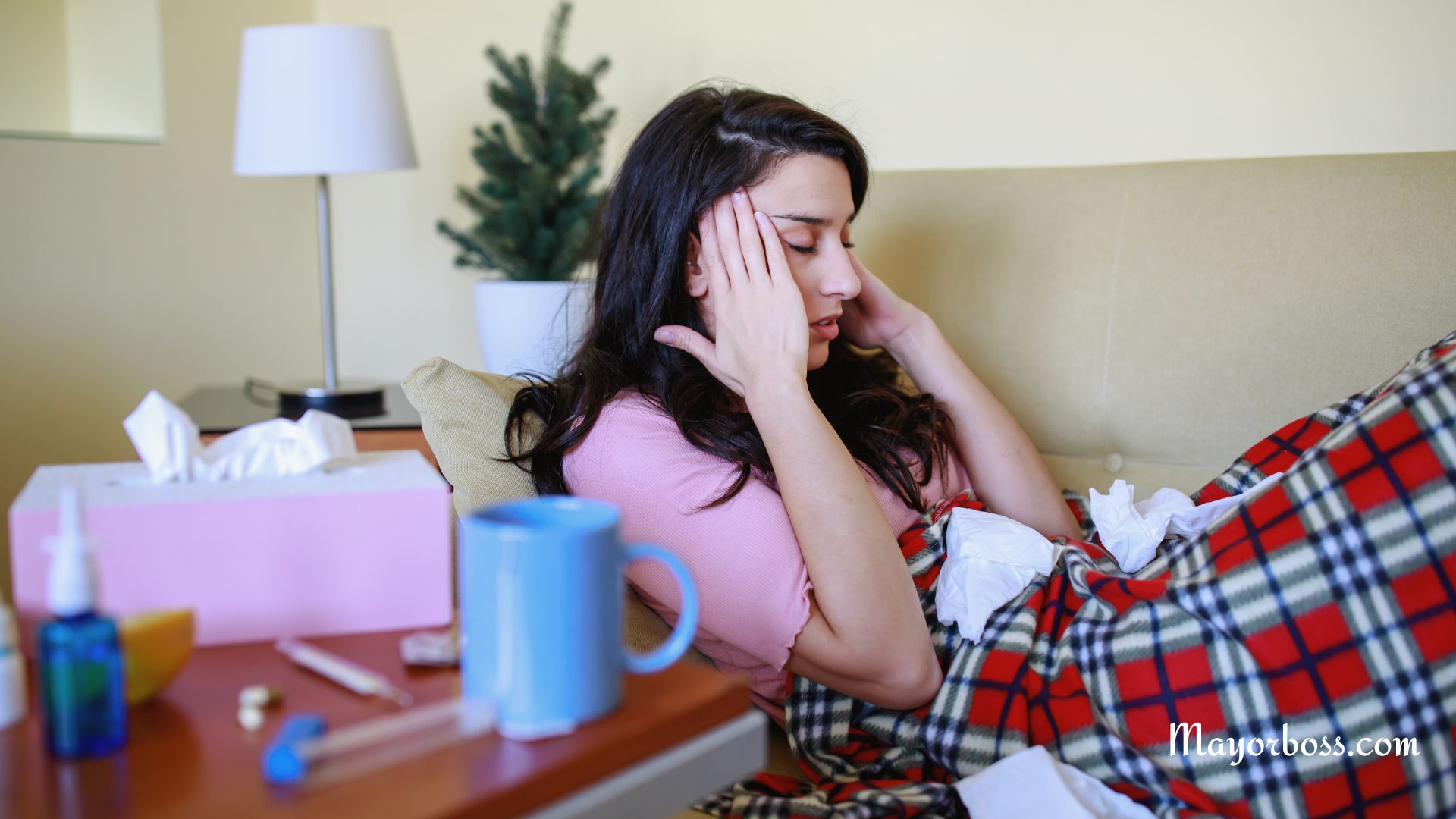5 High Blood Pressure Symptoms At Night
High blood pressure, or hypertension, means the force of your blood pushing against your blood vessels is too high. Over time, this can strain your heart and harm your arteries, making it harder for your body to stay healthy. Most people do not feel high blood pressure during the day, and that can trick them into thinking all is well. But symptoms can sometimes show up when you least expect them—such as during the quiet of the night. This is known as nocturnal hypertension.
There are many reasons why your blood pressure might not settle down in the evening. It might be related to the food you have eaten, your evening activities, or even certain medicines. Some people are simply more sensitive to changes in their daily routines.
In this article, I will discuss five common high blood pressure symptoms that you may notice at night.

1. Headaches or a Pounding Feeling in Your Head
One of the first signs that your blood pressure may be high at night is a strong headache. This is not just a small ache that goes away quickly. Instead, you might feel a throbbing pain that can wake you from sleep or prevent you from falling asleep in the first place.
High blood pressure makes your blood vessels work harder, and this can lead to that familiar pounding feeling. If you often have headaches at night, take note of when they happen and how long they last. Headaches that appear frequently during nighttime hours might be a sign that your blood pressure is not behaving as it should.
2. Chest Discomfort or Strange Heart Rhythms
Another symptom of high blood pressure at night is chest discomfort. This does not necessarily mean a sharp pain. It can feel like tightness or pressure in your chest. Also, you might notice that your heart sometimes races or beats in an odd pattern, known as palpitations.
When your blood pressure is high, your heart must work harder to pump blood, and this can lead to feelings of heaviness or unease. If these feelings appear mostly after dark, it might be a hint that you should have your blood pressure checked.
3. Trouble Sleeping or Restless Nights
High blood pressure can make it hard to get a good night’s rest. You might find yourself tossing and turning for hours. Even if you do sleep, you might wake up several times. This happens because your body is under stress. Instead of resting quietly, your body is working harder than it should.
If you struggle with insomnia or keep waking up without any clear reason, it might be related to your blood pressure. Pay attention to whether these nighttime troubles come hand-in-hand with other symptoms, like headaches or chest discomfort.
4. Frequent Trips to the Bathroom
Needing to get up multiple times a night to use the bathroom can also be a sign of high blood pressure. When blood pressure stays elevated, it can affect the way your kidneys work. If your kidneys cannot manage fluids properly, you might notice that you have to urinate more often, even in the middle of the night.
While waking once in a while may be normal, having this happen regularly could be your body’s way of telling you something is off. Keep track of how many times you need to get up at night and bring it up with a healthcare professional if it becomes a pattern.
5. Waking Up Feeling Tired or Unrefreshed
Your body needs restful sleep to stay strong and healthy. If your blood pressure is too high, you may not get the deep sleep that helps you feel refreshed in the morning. As a result, you might wake up feeling tired, even if you think you slept for several hours.
If you often greet the morning with fatigue, sore muscles, or a general feeling of heaviness, it could be that high blood pressure kept you from reaching those deeper, more restorative stages of sleep. Over time, this can affect your mood, energy, and ability to focus during the day.
If you believe you are experiencing these nighttime symptoms, do not ignore them. First, consider seeing a healthcare professional. A simple blood pressure test can quickly show if your numbers are out of range. Your doctor may suggest changes in diet, exercise habits, or medications to help manage your pressure.
It also helps to keep a small notebook by your bed. Each morning, jot down how well you slept, any headaches, unusual heartbeats, or frequent trips to the bathroom. Over time, a pattern may emerge, giving both you and your doctor better clues.
Lifestyle changes can also play a major part in controlling high blood pressure. Doctors may recommend eating more fruits and vegetables, cutting back on salty foods, staying active, and managing stress, which can all help. Make sure to follow your doctor’s advice, and do not be afraid to ask questions. The more you understand, the more you can do to protect your health.






